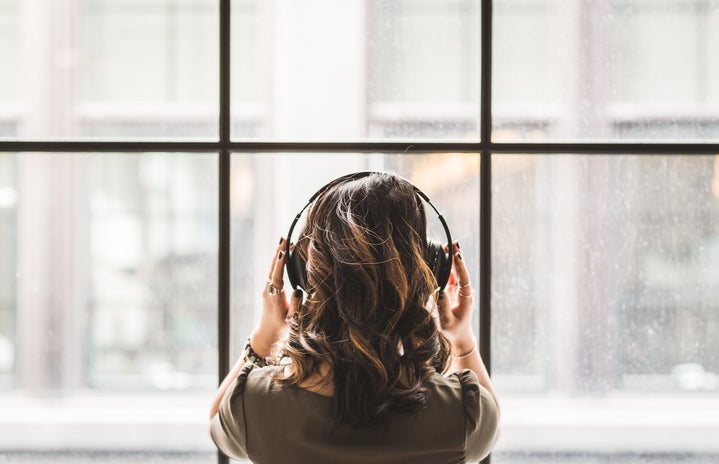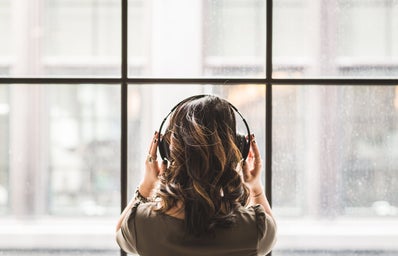Problematic artists are at the epicenter of our online presence, whether we realize it or not. Almost everyone can relate to browsing Spotify or YouTube and innocently falling in love with an artist that turns out to have a less-than-clean past or present. Some of the atrocities committed by these artists include homophobia, racism, misogyny, and various forms of abuse. The question is how to go about consuming (or not consuming) media from a problematic artist. Is it possible to consume their media without supporting their actions? Can the art be separated from the artist? This is a morally ambiguous topic, as it concerns censorship of personal media that most twenty first century people have immediate access to. In addition, what each person considers to be problematic varies. Of course, this topic also reaches broader than music content and rather to media as a whole.
For example, the late artist XXXTentacion carries a polarizing legacy. He was accused of physically abusing his pregnant girlfriend, which was later revealed to be true. Across social media, XXXTentacion was renounced, especially by those associated with the #MeToo movement that pushed for a voice for people who have been sexually abused. Across social media, XXXTentacion’s fans have been accused of being abuse apologists because they listened to him despite his abusive actions. However, a large amount of the people who condemn XXXTentacion likely unknowingly listen to music by other artists who have been abusive. For example, one of the most world-renowned artists, John Lennon, has openly admitted to domestic abuse. Should people who actively listen to and love the song “Imagine” also be condemned for supporting an abuser?
Because this is a morally ambiguous topic, it’s impossible to tell people what they “should” do concerning a problematic artist. However, the influence of said artist is something to be considered. Listening to artists on streaming services such as Spotify, Apple Music, and YouTube allows them to benefit monetarily. Supporting the artist monetarily works toward their benefit and increases their influence. Giving their art more attention gives them more influence and more of a platform. While listening to problematic artists is entirely a personal choice and cannot be regulated, it is essential to be conscious of the power an artist receives from increased attention, listens, and monetary support.


